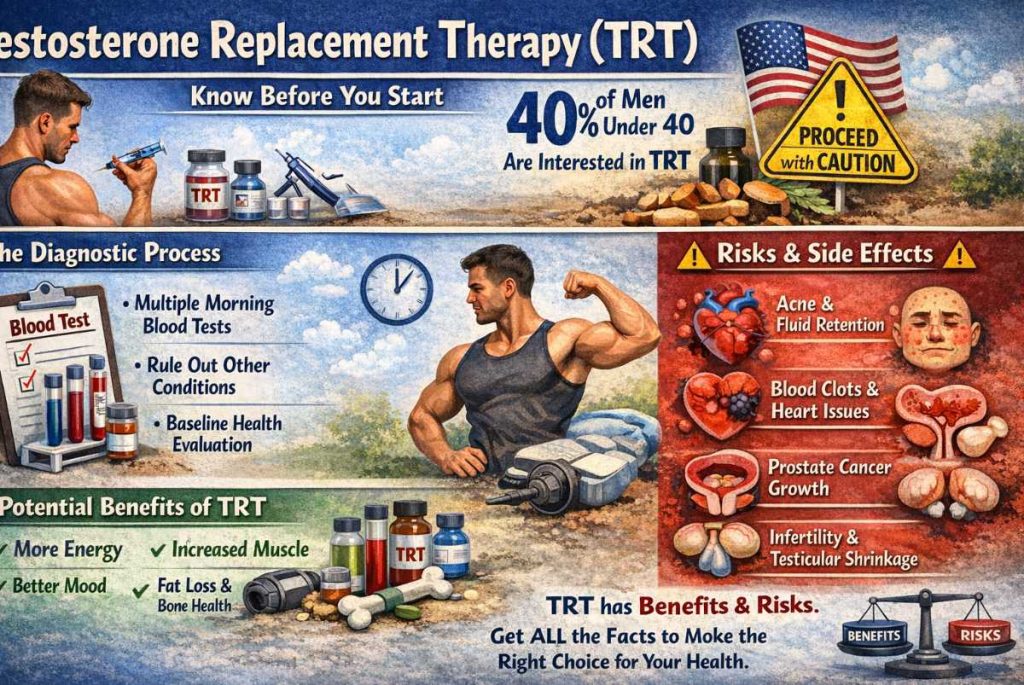When you’re seeking jobs, you might come across the term “corporate job” and wonder what’s the difference with “company job”. You want to know what a corporate job is, what you can do in such a role, and if it’s suitable for you. Let’s dive in and unravel the world of corporate jobs.
Corporate Jobs Definition
Typically, when people refer to “corporate jobs,” they are talking about positions within large, well-established corporations. These corporations often have a more formalized structure, a clear hierarchy, and standardized procedures.
While a company job can mean employment within any business entity, regardless of its size. A company can be a small startup, a medium-sized business, or a large multinational corporation. Thus, a “company job” can encompass a wide range of employment types and structures.
Structure
At its core, a corporate job is employment within a structured environment. Think of it as being part of a well-oiled machine, where every part has a specific function. This structure often provides stability, benefits, and opportunities for career progression.
Hierarchy
Every corporation has a hierarchy, from entry-level positions at the bottom to executives at the top. This hierarchy determines responsibilities, power, status, and job function.
Office Jobs and Non-office Jobs
While many corporate jobs are office-based, not all fall into this category. Some roles, especially in sectors like manufacturing or logistics, might require fieldwork or hands-on tasks.
Types of Corporate Jobs
1. Corporate Executives
At the top of the corporate ladder are the executives like CEO, COO, CFO. These individuals shape the company’s direction, make major decisions, and oversee the overall functioning of the organization.
2. Human Resources
The HR department plays a pivotal role in recruitment, training, and employee management. They ensure that the company has the right talent to achieve its goals.
3. Marketing
In the age of digitalization, marketing has become more crucial than ever. This department focuses on advertising (like SEO, PPC, Video Marketing, Email Marketing) and other strategies to increase company visibility.
4. Sales Department
Often considered the backbone of a company, the sales department is responsible for revenue generation, sales strategies, and building strong customer relationships.
5. Information Technology and Support
With businesses relying heavily on technology, the IT department ensures the smooth running of digital infrastructure, from software development to IT support.
6. Finance Department
The finance team ensures the company’s financial health, handling tasks like bookkeeping, investments, and ensuring compliance with financial regulations.
7. Logistics
This department ensures the smooth flow of goods and services within the company, playing a crucial role in sectors like manufacturing and retail.
Advantages of Corporate Jobs
1. Job Security
Job security in the corporate world refers to the stability and assurance that an employee has regarding the longevity of their employment. In well-established corporations, employees often enjoy a higher degree of job security compared to startups or smaller companies.
This security stems from the company’s established position in the market, consistent revenue streams, and long-term business strategies. Employees with job security have peace of mind knowing that their position is relatively safe and not subject to sudden termination without cause.
2. Competitive Salaries
One of the primary attractions of corporate jobs is the competitive salary packages they offer. Large corporations often have the financial resources to offer attractive compensation packages to their employees.
These salaries are often benchmarked against industry standards and take into account the employee’s role, experience, and contribution to the company. Additionally, many corporations offer bonuses, stock options, and other financial incentives to retain and reward top-performing employees.
3. Opportunities for Career Progression
Corporate environments are structured in a way that allows for clear career progression. Employees can climb the corporate ladder, moving from entry-level positions to managerial and even executive roles.
This progression is often accompanied by increased responsibilities, higher salaries, and additional perks. Corporations frequently provide training, mentorship programs, and other resources to help employees enhance their skills and advance in their careers.
Disadvantages of Corporate Jobs
1. Lots of Competition
In the corporate world, competition is fierce. Given the allure of benefits like job security, competitive salaries, and opportunities for career progression, many individuals are drawn to corporate jobs. This influx of talent means that for every position, especially the more coveted ones, there are multiple candidates vying for the same spot.
This high level of competition extends beyond just job applications. Once inside the corporation, employees often find themselves competing for promotions, project opportunities, and even visibility within the company.
In such an environment, it’s easy for one’s efforts to be overshadowed by the achievements of others, especially in large corporations where hundreds or thousands of employees might be working towards similar goals.
Moreover, this competitive atmosphere can sometimes foster a culture where employees feel the need to constantly outdo their colleagues, leading to potential burnout, stress, and a work-life imbalance. It can also sometimes lead to unhealthy office politics, where individuals might prioritize personal advancement over team success.
For those who thrive in competitive environments, this can be motivating. However, for others, it can be a source of constant pressure and anxiety, making it essential to develop resilience, a strong support system, and a clear understanding of one’s personal and professional boundaries.
2. Office Politics
Office politics refers to the strategies and behaviors employees use to gain advantage, power, or favor in the workplace. While it’s prevalent in many organizations, office politics can be particularly pronounced in corporate settings due to the hierarchical nature of these environments.
Navigating office politics requires tact, diplomacy, and a keen understanding of the company’s culture and dynamics. While it can offer opportunities for advancement, it can also lead to conflicts and strained relationships if not handled correctly.
3. Bureaucracy
Bureaucracy in the corporate world refers to the formal procedures and rules that govern how things are done. While these procedures are often put in place to ensure consistency and compliance, they can sometimes lead to inefficiencies. Employees might find themselves entangled in layers of approval processes, paperwork, and meetings, which can slow down decision-making and impede innovation.
4. Performance Pressures
In the corporate environment, there’s a constant emphasis on performance. Employees are often evaluated based on their contributions to the company’s goals, their ability to meet targets, and other performance metrics.
While this focus on performance can drive excellence and productivity, it can also lead to significant stress and pressure. Employees might feel the need to constantly outperform their peers, work long hours, or take on more than they can handle to meet these expectations.
What You Need To Do to Stand Out in a Corporate
Continuous Learning and Upskilling
In the ever-evolving corporate landscape, those who invest in continuous learning set themselves apart. Whether it’s acquiring a new certification, attending workshops, or simply staying updated with industry trends, showing a commitment to personal growth can make a significant difference.
Effective Communication
Being able to articulate your ideas clearly and persuasively is invaluable in a corporate setting. Effective communication goes beyond just speaking; it’s about listening actively, understanding different perspectives, and conveying messages in a way that resonates with the audience.
Networking and Building Relationships
It’s not just about what you know, but also who you know. Building strong professional relationships both within and outside the company can open doors to opportunities and collaborations that might not have been accessible otherwise.
Taking Initiative
Waiting for opportunities to come your way isn’t always the best strategy. Taking the initiative, whether it’s leading a new project, suggesting improvements, or volunteering for additional responsibilities, shows proactiveness and can set you apart from the crowd.
Demonstrating Leadership Qualities
Even if you’re not in a leadership position, displaying qualities like empathy, decisiveness, and the ability to inspire and motivate others can make you stand out. Leaders are not just those who have the title but those who lead by example.
Adaptability and Flexibility
The corporate world is dynamic, with frequent changes in strategies, technologies, and market conditions. Being adaptable and showing a willingness to pivot when necessary is a trait that companies value highly.
Showcasing Achievements
While humility is a virtue, it’s essential to ensure that your contributions and achievements don’t go unnoticed. Regularly updating your superiors about your successes and finding ways to quantify your impact can help you stand out.
Embracing Company Culture
Every company has its unique culture and values. Embracing and embodying these values, participating in company events, and being an active member of the community can make you more visible and appreciated within the organization.
Conclusion
Navigating the corporate world presents a blend of unique challenges and rewarding opportunities. While the allure of job security, competitive salaries, and clear career progression paths draw many to this sector, it’s essential to be aware of the intense competition and the dynamics it brings.
The corporate environment is not just about individual achievements but also about understanding and adapting to its intricate landscape. For those considering a corporate career or looking to further their journey within it, it’s crucial to stay adaptable, continuously upskill, and build meaningful relationships.





